A strained or torn rotator cuff can cause a dull ache deep in the shoulder and make it difficult to lift your arm or feels very weak. Is it painful when sleeping, especially if you lie on the affected shoulder? Difficult to comb your hair or reach behind your back? Any of these are signs of a rotator cuff problem.
How Does a Rotator Cuff Become Weakened or Injured?
Usually, an injured rotator cuff is a result of forceful or repetitive movements. The injury itself is pretty common, especially when you get older. However, an injured rotator cuff can occur in anyone, no matter his or her age.
It is more commonly seen in older individuals, though. In fact, studies show that 30% of individuals under the age of 70 and 70% of those over the age of 80 have experienced a rotator cuff tear. Are have you experienced rotator cuff tears? Book an appointment with us today to find relief!
How to Relieve Shoulder Pain For Good:
Just because you may have a torn rotator cuff does not mean you are destined for surgery. Many people recovery with conservative treatment involving physical therapy. Thankfully, there is hope for you and your shoulder pain. This recovery begins via our therapists at Diamond Physical Therapy first discovering the precise cause of your pain and then reducing that pain and inflammation associated with your rotator cuff injury. This is followed by strengthening your shoulder and rotator cuff muscles and ultimately returning to normal use of your shoulder.
What Can I Do on My Own?
Here are some basic tips to improve your shoulder pain:
- ice and rest your shoulder frequently. Ideally, you will want to ice for around 10-15 minutes, directly on the shoulder. If this causes the middle of your arm to ache don’t worry this is not uncommon. Try putting a slightly thicker towel between you and the ice.
- Hug a pillow while you sleep, tucking the pillow deep in your underarm. This works by keeping your shoulder joint properly spaced.
- Stand against a wall and squeeze your shoulder blades back and together. Be sure you don’t shrug your shoulders up toward your ears when you do this. This exercise will help retrain your shoulder to maintain proper posture.
- Avoid heavy lifting. Heavy lifting can include repetitive reaching over your head, even if the object you are placing overhead is light. Also, avoid carrying groceries on your injured shoulder.
What Happens if the Pain won’t go Away?
If your pain doesn’t go away in 3-4 days of making these changes, you should call us at our Algonquin office for a free consult. There’s no obligation and we can help you determine your next step toward recovery.
The purpose of physical therapy is to improve the function of the muscles surrounding your shoulder while protecting them during the recovery process. This helps the mobility of the joint. Physical therapy specifically targets the involved muscles in the shoulder that are often neglected. When you strengthen these muscles through physical therapy, you have a much better chance of a full recovery. Book an appointment with us today to learn how Physical Therapy can help relieve your pain!
About Diamond Physical Therapy
Our physical therapists perform an extensive evaluation to determine the precise cause of you pain and will explain what successful treatment looks like. We will educate you on the proper way to perform various exercises and techniques. The work of our expert physical therapists will greatly accelerate the relief of your shoulder pain by restoring proper shoulder motion sooner. Thankfully, many patients with rotator cuff tears will not require surgical treatment. In most cases, physical therapy will be enough to remedy your shoulder issue. Contact us today in our Algonquin Office to learn more about our programs and how they can help relieve your pain.
Want to learn more about your shoulder pain? Click here to register for our upcoming Shoulder and Rotator Cuff Tear Informational Workshops.


